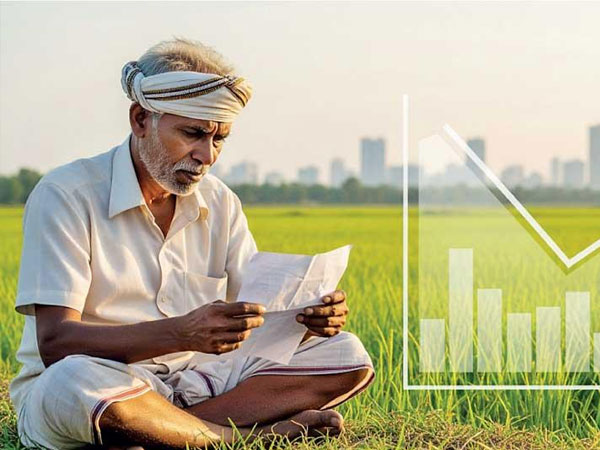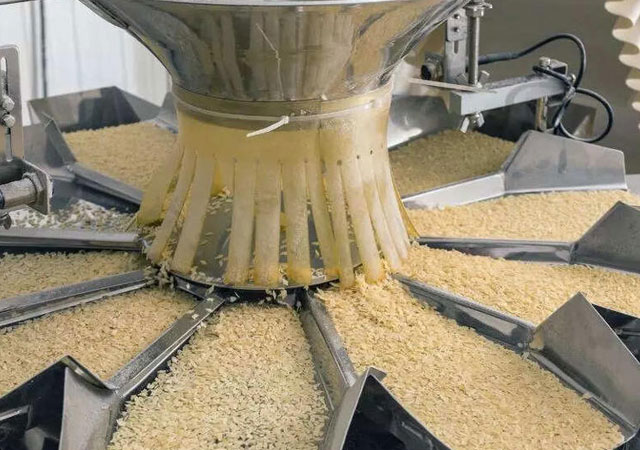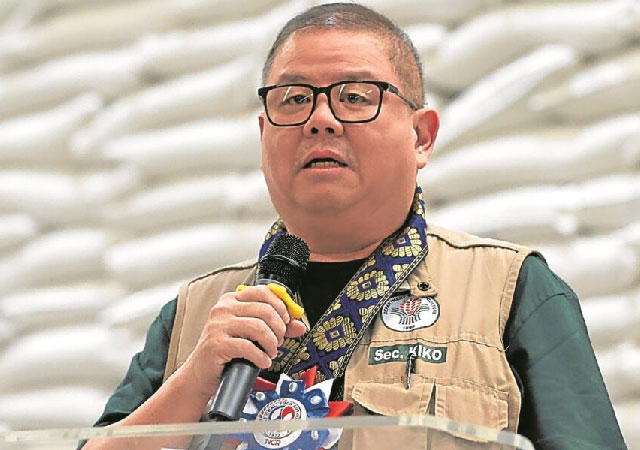 Paddy farmers arre poor due to antiquated law
Paddy farmers arre poor due to antiquated law
Sri Lanka’s agriculture remains beholden to a law from 1958 that compels nearly half of the country’s poorest farmers to plant rice, even though alternative crops could more than double their earnings. What began as a measure to protect tenant cultivators and secure food supply has become a straitjacket, trapping farmers in persistent poverty and denying them the freedom to respond to market signals. This is accountability turned on its head, with government edicts overruling individual enterprise.
As I explained in a Background Note titled, “Accountability: Why the Sri Lankan Economy Collapsed and How to Revive it”, recently published by Verité Research, the Sri Lankan economy regains strength whenever entrepreneurs and farmers answer to market forces such as world prices and consumer demand. When policy flips that principle and holds citizens to rigid rules instead, productivity suffers, and households sink deeper into hardship.
The Paddy Lands Act was enacted in 1958 to grant security of tenure and cap rent demands by landlords. Cultivators on state-leased paddy land gained heritable rights and protection from exploitative rents. Yet the same law insisted that these lands be used only for rice cultivation. Over time that requirement became the most strictly enforced provision.
While the gross output value of paddy has recently exceeded Rs 170,000 per acre, profit margins remain slim compared to many potentially more lucrative cash crops, such as fruits and vegetables. Consequently, a significant portion of Sri Lanka’s poorest farm households remain tethered to paddy cultivation, not by choice, but by the statutory restrictions of the Agrarian Development Act, which legally designates their land for paddy use.
Why Accountability to Markets Matters
Accountability means that those who produce goods or services bear the consequences, good or bad, of their decisions. If a farmer chooses an unprofitable crop, income falls, and the farmer adjusts next season. If a crop commands higher prices, farmers expand plantings. These dynamics spurs innovation, efficiency and investment.
In the 1970s and 1980s, trade liberalisation exposed Sri Lankan businesses to global competition. The garment sector thrived, per capita growth improved, and poverty declined. Farmers, who could have diversified into high value produce, remain constrained by six decades of crop restriction laws.
Hidden Cost of Subsidies
When paddy earns too little, many farmers turn to generous fertiliser subsidies to break even. These subsidies now account for a large share of public spending on agriculture. Yet they too, reinforce the wrong accountability, rewarding compliance with the state’s crop mandate rather than encouraging farmers to seek profitable alternatives. Subsidies become tools of political patronage instead of a bridge to prosperity.
The hasty ban on chemical fertiliser in 2021 illustrated the weakness of a system that cannot adapt. Yields collapsed almost overnight. Food security became precarious, and the resulting shortages contributed to Sri Lanka’s overall economic crisis. A market accountable approach would have allowed farmers to adopt organic methods at their own pace, informed by soil tests and their own choice.
Since November 2024, President Anura Kumara Dissanayake’s administration has introduced additional fertiliser subsidies to paddy farmers, and held a high level meeting with the Gates Foundation to explore partnerships in digital and agricultural development. These innovations could improve delivery mechanisms but leave the core distortion intact. Farmers receive real time price information but they cannot plant beans or chillies without risking fines or land forfeiture. Accountability remains inverted.
True reform must begin by addressing the Paddy Lands Act itself. Removing the crop restriction clause is the necessary first step. Without that change every subsidy, every app and every extension programme will still enforce the same outdated rules.
Learning from Regional Successes
The path forward is clear from other Asian experiences. Vietnam’s Doi Moi reforms of the 1980s converted collective holdings into long term transferable user rights, allowing farmers to respond to market demands. Productivity leapt, rural incomes rose, and Vietnam became a major rice exporter. Taiwan’s Land to the Tiller programme in the 1950s granted secure ownership to tenant farmers and sparked rapid productivity gains that fuelled later industrial growth.
Sri Lanka can follow a two part strategy. First enact legislative reform to repeal or amend the Paddy Lands Act’s crop restriction provisions while preserving tenants’ rights and fair lease terms. Second, invest in enabling institutions that guide farmers towards market opportunities. Rural infrastructure, research on high value crops and modern extension services can equip cultivators with the knowledge and finance they need. If farmers still choose to grow paddy, it will be their own decision rather than a 70-year-old law.
Empowering Farmers, Empowering the Nation
Restoring accountability to markets will transform rural Sri Lanka. Farmers will become entrepreneurs who innovate in response to demand and competition rather than functionaries under central command. Their success will drive higher incomes, reduce dependence on subsidies and strengthen food security.
Sri Lanka’s broader economic recovery depends on such a shift in policy. As I highlighted in my working paper, accountability must be of those who govern by the people who produce, not the reverse. Citizens, not politicians, should be at the centre of policy design.
The Paddy Lands Act’s crop restriction clause is not a benign relic. It is an active barrier to growth and equity. Sri Lanka cannot modernise agriculture or revive rural prosperity without freeing farmers from this constraint. We must trust cultivators with the freedom to choose their crops and empower them to forge their own futures.
Shantayanan Devarajan is a Professor of the Practice of International Developmentat Georgetown University and a former World Bank Chief Economist for South Asia. He is also a non-resident fellow of Verité Research and a member of Verité Research’s Sri Lanka Economic Policy Group. Since 2022, he has been a member of the Presidential Advisory Group on Debt Restructuring and Multilateral Engagement.














© Copyright 2025 The SSResource Media.
All rights reserved.